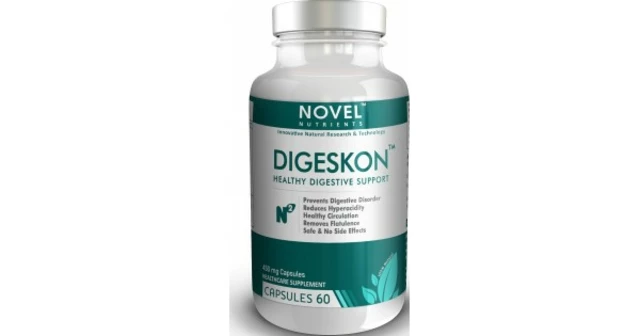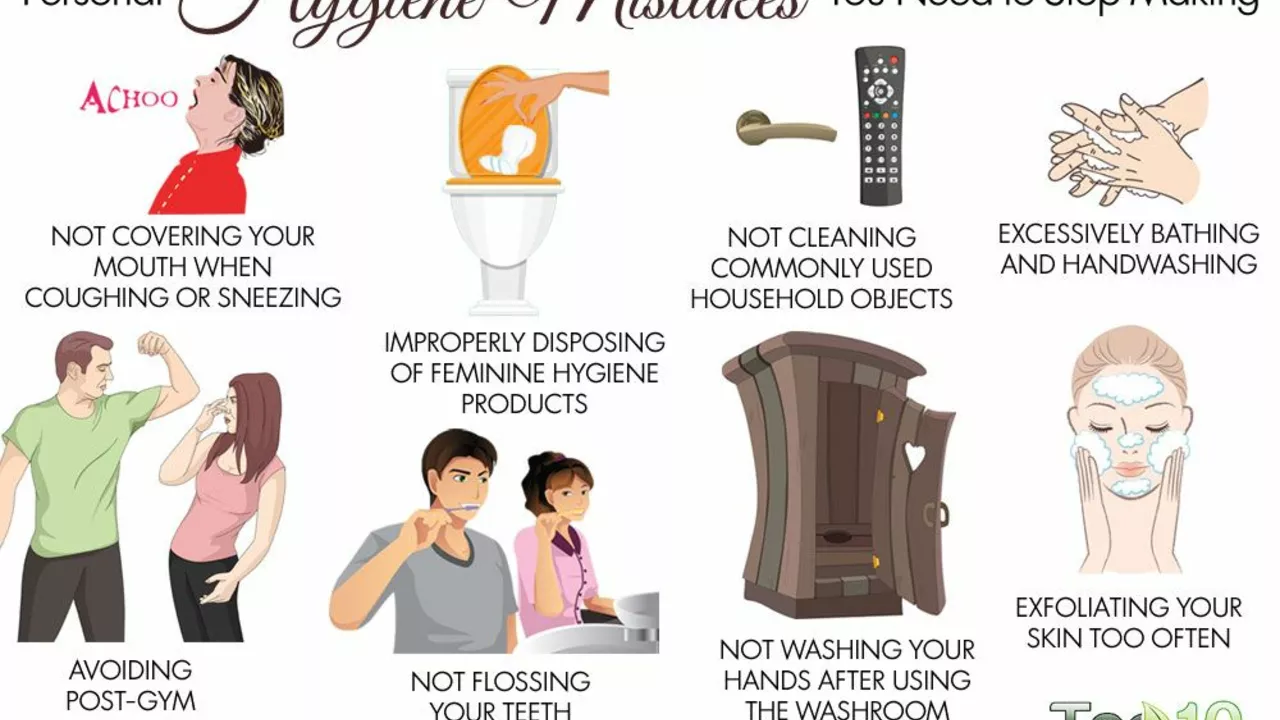Infection Prevention: Practical Steps You Can Use Today
Did you know simple habits cut your chance of catching or spreading infections far more than fussing over rare treatments? Small, consistent actions at home, work, and while traveling make the biggest difference. Below are clear, no-nonsense steps you can start using right now.
Everyday habits that really work
Wash your hands often and properly. Wet, lather for 20 seconds, rinse, and dry. Use soap and water; hand sanitizer (60%+ alcohol) is fine when you’re on the go. Do this before eating, after using the restroom, and after coughing or touching public surfaces.
Keep visible wounds clean and covered. Rinse cuts with running water, apply antibiotic ointment if advised, and cover with a clean bandage until healed. If a wound looks red, warm, or has pus, see your doctor — delaying care can lead to bigger problems.
Use masks in crowded indoor spaces if you or people around you are at higher risk. A well-fitted mask during flu season or a respiratory outbreak reduces how much virus you breathe in and spread to others.
Clean high-touch surfaces regularly. Door handles, phones, keyboards, and kitchen counters can carry germs. A quick wipe with household disinfectant once a day cuts risk, especially if someone in your household is sick.
Eat and store food safely. Cook to proper temperatures, chill leftovers promptly, and avoid cross-contamination between raw meat and ready-to-eat foods. Safe food handling prevents common infections like food poisoning.
Smart medical choices: vaccines, antibiotics, and when to see help
Vaccines are the most effective infection prevention tool we have. Keep routine shots up to date — flu shots yearly, COVID boosters if advised, and other vaccines your doctor recommends. They lower your personal risk and protect people who can’t get vaccinated.
Use antibiotics carefully. They don’t work on viruses (like colds or the flu). Always follow your prescriber’s instructions and finish the course if one is given. Misusing antibiotics fuels resistance and can leave you with fewer options when you really need them. If you want to read about antibiotic choices and alternatives for specific infections, our guides on options beyond amoxicillin, Flagyl alternatives, and macrolide antibiotics like Zithromax and Biaxin cover common situations in plain language.
Know when to call a clinician: high fever, spreading redness around a wound, severe pain, breathing problems, or symptoms that worsen despite home care. Early medical advice can stop an infection from getting serious.
Travel smart. Check vaccination requirements, pack a small first-aid kit, and avoid risky food or water in areas with known sanitation issues. If you take regular medications, bring extras and store them properly.
Finally, build habits that support your immune system: sleep well, eat a balanced diet, stay active, and manage stress. Those aren’t miracle cures, but they make your body better at fighting infections when exposure happens.
Pick two habits from this list and make them daily routines for a month. You’ll be surprised how much difference simple changes can make.
Tips for maintaining proper vaginal hygiene to prevent infections
As someone who's always looking out for ways to maintain my overall health, I recently came across some great tips for proper vaginal hygiene to help prevent infections. First, I learned that it's essential to wash the external genital area with mild soap and water daily, but be cautious not to over-cleanse. Secondly, it's crucial to avoid harsh chemicals, fragrances, or dyes in feminine products, as they can cause irritation. Wearing breathable cotton underwear and changing them regularly is another key factor in keeping the area clean and dry. Finally, being mindful of wiping from front to back after using the toilet can greatly reduce the risk of introducing harmful bacteria.
About
Women's Health
Latest Posts


Zhewitra Soft (Vardenafil) vs Other ED Drugs: Which Is Best?
By Marcel Kornblum Oct 12, 2025

The Impact of Stress on Flatulence and Digestive Health
By Marcel Kornblum May 11, 2023

Green Tea and Warfarin: What You Need to Know About INR and Blood Clotting
By Marcel Kornblum Nov 22, 2025

